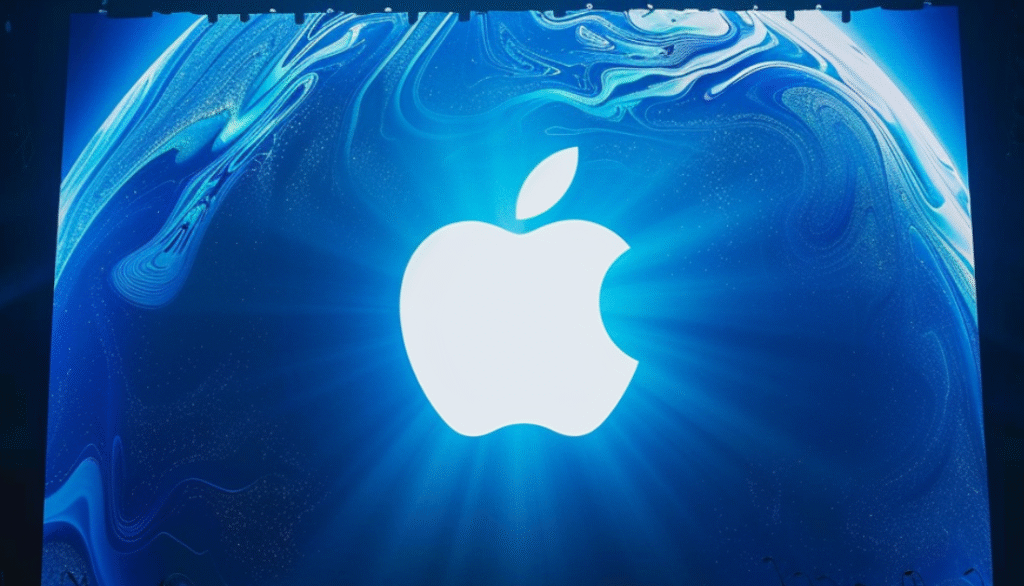Apple appears to be developing a new AI-powered system that could redefine how users search for and interact with information across its devices.
Highlights
- Smarter Search Experience: Apple is building an AI-driven “answer engine” to deliver direct, context-rich responses — integrated across Siri, Safari, and Spotlight.
- Not Just Another Chatbot: Unlike standalone tools like ChatGPT, Apple’s approach emphasizes seamless system-wide integration across its ecosystem.
- Project AKI in Motion: The initiative is led by a dedicated team called Answers, Knowledge, and Information (AKI), signaling high internal priority.
- Strong Technical Hiring: Job listings show Apple is seeking LLM engineers and search specialists, aiming to personalize answers with built-in privacy safeguards.
- High-Level Leadership: Robby Walker, reporting to AI chief John Giannandrea, is steering the project, marking it as a top-tier AI focus.
- Strategic Pressure & Decline in Safari Search: Apple’s move follows a dip in Safari usage and competition from AI-first search tools like Perplexity AI.
- Regulatory Context: Scrutiny over Apple’s $20B search deal with Google may be accelerating its push for an internal alternative.
- Acquisition Discussions: Apple has explored acquiring Perplexity AI and completed seven AI acquisitions in 2025 alone.
- Apple Intelligence Backbone: The new answer engine is likely to run on Apple’s hybrid AI system — combining on-device and private-cloud models with strong encryption.
Internally, this initiative is being led by a team named Answers, Knowledge, and Information (AKI) — a name that hints at Apple’s ambition to move beyond traditional search engines and toward a smarter, more integrated “answer engine.”
A Deeply Integrated AI System, Not Just Another Chatbot
According to Bloomberg’s Mark Gurman, Apple’s answer engine may not function as a standalone app. Instead, it is likely to be embedded into core Apple services such as Siri, Safari, and possibly Spotlight.
This could enable users to ask natural language questions and receive direct, relevant answers — without having to scroll through a page of links.
This approach positions the answer engine as Apple’s response to tools like ChatGPT and Perplexity AI — but with a key differentiator: deep integration across Apple’s ecosystem, offering a seamless user experience across iPhones, Macs, and other devices.
Evidence from Hiring Activity and Internal Leadership
Recent job listings give insight into the scope of Apple’s efforts. Open roles under the AKI banner include positions for search algorithm specialists and large language model engineers.
One listing, for example, describes building models capable of answering personal domain questions based on user documents — with privacy protections embedded into the model itself.
Leadership also reflects the strategic weight of the initiative. MacRumors and Bloomberg report that Robby Walker, a senior director reporting directly to Apple’s AI chief John Giannandrea, is heading the AKI project — suggesting it’s a core R&D focus, not a side experiment.
AI Search as a Strategic Move Amid Regulatory Pressure
Apple’s interest in an in-house answer engine may be driven in part by shifting market dynamics and regulatory scrutiny.
In recent antitrust testimony, Apple Services VP Eddy Cue noted a decline in Safari search usage — the first such drop in its history — attributing the trend in part to the rise of generative AI search alternatives like ChatGPT and Perplexity.
At the same time, Apple’s long-standing default search deal with Google (reportedly worth $20 billion annually) is under scrutiny by U.S. regulators.
The company has already hinted at offering alternative AI-driven search tools within Safari — a move that would not only diversify user choice but potentially loosen its reliance on Google’s search dominance.
Acquisition Talks and AI Investment Point to Acceleration
Apple may also be looking to fast-track its answer engine development through acquisitions. Bloomberg reports that Apple held internal discussions about acquiring Perplexity AI, the generative search startup valued at approximately $14 billion.
Also, Tim Cook recently confirmed that Apple completed seven AI-related acquisitions in 2025 alone and signaled openness to larger deals if they help the company remain competitive in the AI space.
These developments suggest that while AKI is being built internally, it could be significantly enhanced through external innovation.
Apple Intelligence May Power the Privacy-First Infrastructure
Based on documentation from WWDC 2025, Apple Intelligence uses a dual-model system that combines on-device LLMs with a secure, private-cloud version running on custom Apple silicon.
The private cloud model is end-to-end encrypted and designed to outperform GPT-3, while rivaling GPT-4 in certain tasks.
This architecture aligns with Apple’s longstanding emphasis on user privacy and data security, distinguishing its approach from competitors that rely on third-party cloud models.
Financial Signals and Executive Alignment
In Q3 2025, Apple reported $94 billion in revenue, with Services contributing a record-breaking $27.4 billion. During the earnings call, Tim Cook announced a realignment of Apple’s internal teams — including shifting Vision Pro lead Mike Rockwell to a leadership role in AI development.
This level of executive involvement and financial momentum indicates that Apple is betting significantly on AI — and AKI may be one of its most strategically important bets.


